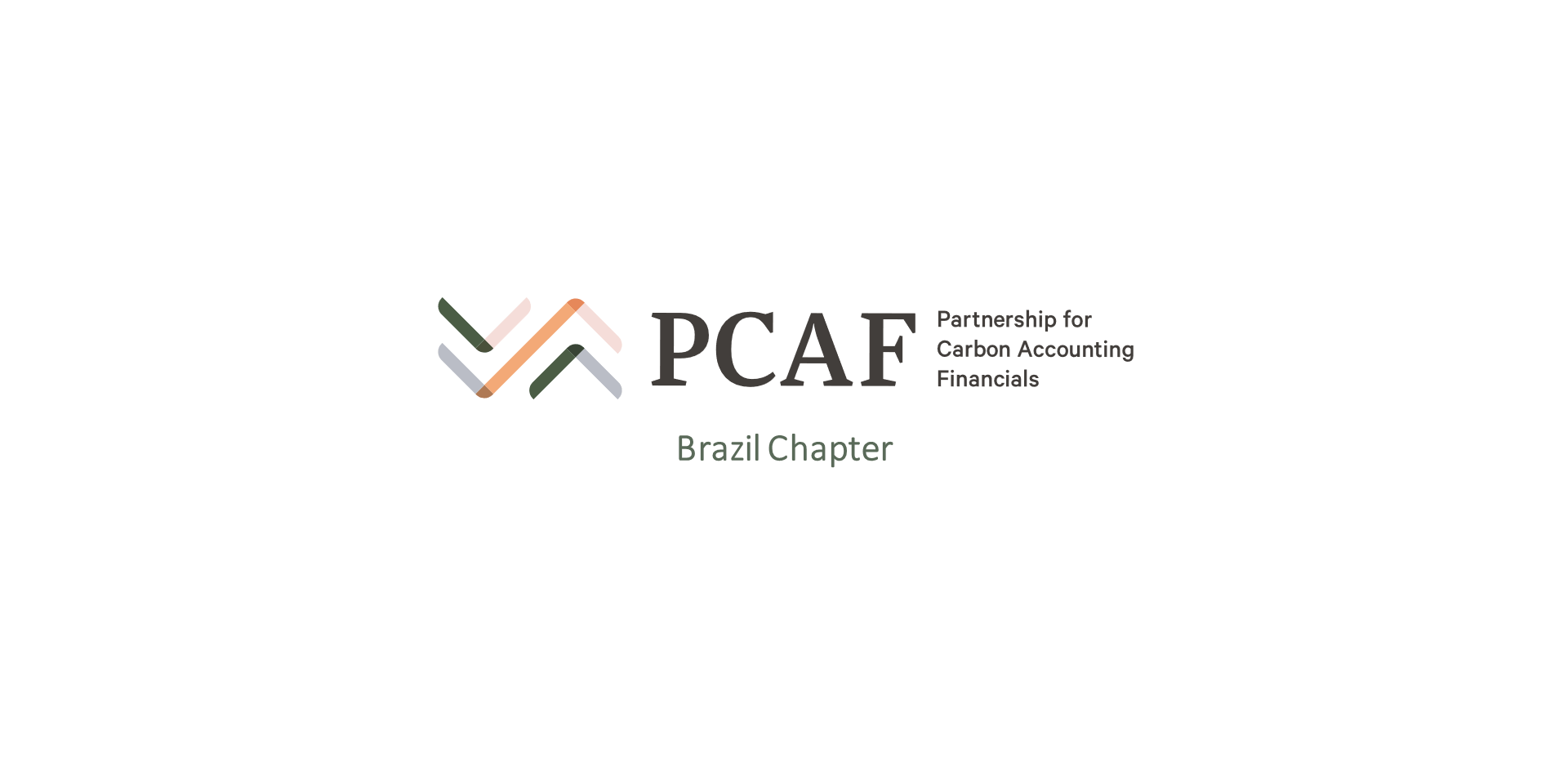
Utrecht, the Netherlands – 16th April 2024: Following significant uptake of the PCAF Standard in the region in 2023, PCAF announces today its latest effort to support the largest economy in Latin America with the launch of a chapter aimed at promoting the measurement and disclosure of financial institutions’ GHG emissions in Brazil.
The Brazil chapter will be co-chaired by Itaú Unibanco and Banco Bradesco, two of the largest financial institutions in Brazil and Latin America. With the PCAF Secretariat, the co-chairs will facilitate greater collaboration between the 13 Brazilian financial institutions that have already committed to PCAF, providing a centralized platform for co-operation between financial institutions in the region.
The chapter will focus on the application of PCAF’s methodologies in the Brazilian context, sharing best practices, working on improvements to data quality and availability and aligning the chapter’s work with national guidelines in Brazil.
Luciana Nicola, Director of Institutional Relations and Sustainability at Itaú Unibanco, comments,“The launch of the Brazil chapter is an important milestone in the work of PCAF to promote the transition to a low-carbon economy across Latin America. As the largest economy in the region, Brazil’s central role in the Latin American financial ecosystem uniquely positions us to advocate for PCAF initiatives. Through this chapter’s collaboration, Brazilian financial institutions will increase the quality of financed emission reporting through greater transparency and standardization, setting a standard of excellence for the Latin American financial sector.”
Marcelo Pasquini, Sustainability Director at Banco Bradesco, comments, “The Brazilian financial sector has made significant progress in measuring and disclosing financed emissions, demonstrating immense potential to lead the transition to a net-zero economy across Latin America. The establishment of the PCAF Brazil Chapter is a recognition of this, the collaboration it is set to promote should facilitate a more accurate assessment of the climate impact of financial institutions and allow for more effective monitoring of decarbonization efforts by the financial sector in the country.”
With the launch of this latest chapter, PCAF continues to expand, both in Latin America and globally. The initiative is made up of over 470 financial institutions across North America, Latin America, Europe, Africa, and Asia-Pacific.
Angélica Afanador, Executive Director of PCAF adds, “The launch of the PCAF Brazil Chapter is testament to the progress being made in emissions reporting across Latin America. Driven by Brazilian financial institutions, supported by the PCAF Secretariat, the Brazil Chapter will look to continue this momentum and facilitate national collaboration. Applying PCAF’s methodologies in a Brazilian context, sharing best practices and working on data quality improvements is fundamental to raising the bar for emissions measurement and disclosure standards across the region.”
ENDS
About Itaú Unibanco
Itaú Unibanco is a digital bank with the convenience of physical service. We are present in 18 countries and 70 million customers, including individuals and companies from all segments, to whom we offer the best experiences in financial products and services. We have a strategic agenda focused on customer centrality, which is undergoing two transformations: cultural and digital, both supported by the diversity of our people. We were selected for the 24th consecutive time to be part of the Dow Jones Sustainability World Index (DJSI World), being the only Latin American financial institution to be part of the index since its creation in 1999.
About Banco Bradesco
With a solid history of more than 80 years, Bradesco is one of the largest private banks in the country, which has grown and evolved following trends and economic cycles in Brazil. Its administrative model is transparent and committed to good corporate governance practices.
In recent years, it has accelerated the integration of physical and digital service to provide a better experience for its more than 71 million customers. Currently, 98% of total transactions carried out by the bank's customers are carried out through digital channels. It is present throughout the Brazilian territory, with a service network of more than 83 thousand points, and offers service segmented by areas of specialization and customer profile, for both individuals and companies. It also has a complete line of solutions, products and services in payment methods.
As a complement to local service and to offer support to Brazilian customers and companies abroad, as well as to investors and foreign companies interested in Brazil, Bradesco operates internationally with a presence in strategic locations such as Miami, - with Bradesco Bank -,New York , London, Luxembourg and Hong Kong. In 2020, Bradesco was the first Brazilian bank to join the Partnership for Carbon Accounting Financials (PCAF) and to measure and publish the emissions generated by its corporate credit portfolio.
About the Partnership for Carbon Accounting Financials
The Partnership for Carbon Accounting Financials (PCAF) was launched globally in September 2019. Currently, more than 450 financial institutions have subscribed to the PCAF initiative. PCAF signatories work together to jointly develop the Global GHG Accounting and Reporting Standard for the Financial Industry to measure and disclose the greenhouse gas emissions associated with portfolios of loans, investments, provision of insurance, and other financial products and services. By doing so, PCAF signatories take an important step to assess climate-related risks, set targets in line with the Paris Climate Agreement and develop effective strategies to decarbonize our society.